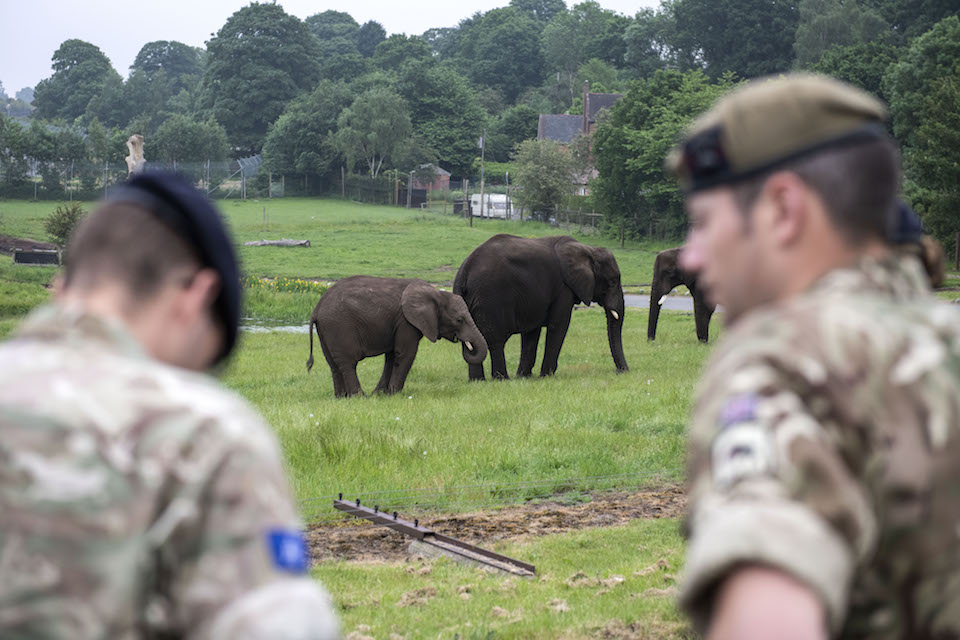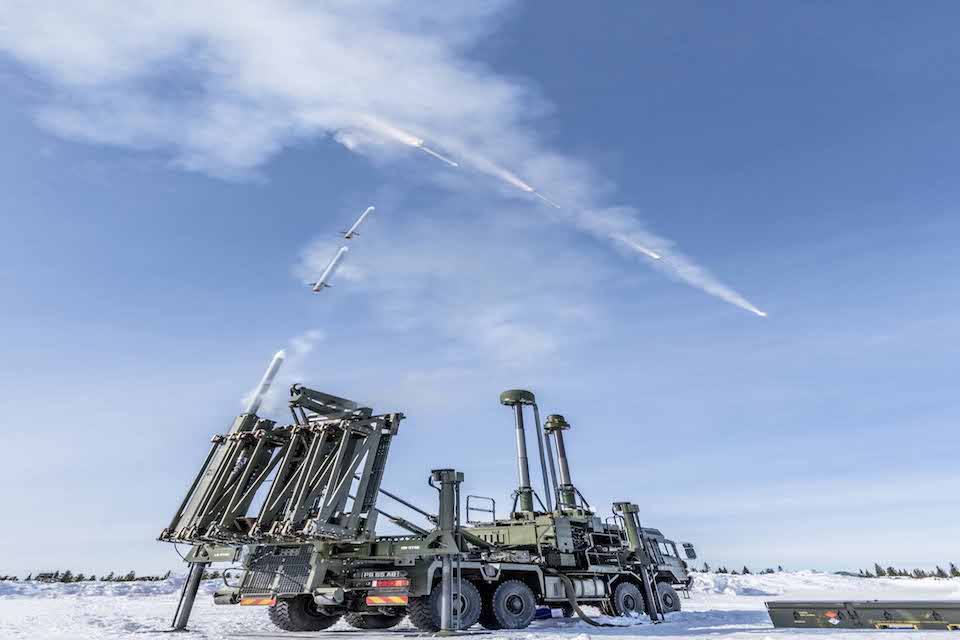News story: First plot stone unveiled at new service accomodation site in Wiltshire
Lieutenant General Nick Pope CBE, Deputy Chief of the General Staff, together with Mr John Leary, Lovell’s Major Projects Director unveiled the stone with representatives of the Army Basing Programme (ABP), Defence Infrastructure Organisation (DIO) and Lovell in attendance.
Work is well underway across the Salisbury Plain Training Area to prepare for the Service personnel returning from Germany in 2019 under the ABP. A critical construction activity is the provision of Service Family Accommodation. This constitutes the building of 917 new homes at 3 sites on Salisbury Plain; Bulford, Larkhill and Ludgershall. In addition, ABP has purchased 100 homes of open market housing at Tidworth. The build of new homes represents a significant investment on Salisbury Plain and is critical to enable the final units to relocate to Wiltshire from Germany and within the UK in 2019.
General Pope said:
The new homes that Lovell are providing on behalf of the Army Basing Programme is testament to the Army’s commitment to invest in our estate providing 21st century living and working facilities for our soldiers and their families.
Since Ministry of Defence contracted with Lovell in November 2017, work is now well underway across all 3 sites. At Bulford, where 225 new homes are being built, the Roads & Sewers works are largely complete and over a third of the foundations have already been laid. The Bulford programme is the most advanced of the SFA sites and timber frame installations have commenced.
Alongside the groundworks element, Lovell has also been undertaking enabling works including 2 new section 278 access junctions and the installation of its administration/welfare facilities and storage compound. These facilities coupled with strong supply chain relationships will allow Lovell to deliver this prestigious project at the fast track rate required in order to ensure homes are ready for the returning Service personnel and their families.
Mark Duddy, ABP Programme Director said:
I am really impressed with the speed of delivery and the amount of progress that has been made since the contract was signed in November; we remain firmly on track to deliver the required new homes to enable the units to return from Germany in 2019. This project is an excellent example of how we are updating the estate by providing first class living accommodation for our Service personnel.
John Leary said:
Lovell were delighted to host today’s event to mark the commencement of superstructure works on our SPTA scheme. We were honoured to welcome Lieutenant General Nick Pope CBE to unveil our commemorative stone, representing a significant milestone at the Bulford site and for the SPTA SFA project as a whole. We look forward to continuing to work with the ABP, WYG and our supply chain partners to ensure timely delivery of high quality SFA for our Service families.’

